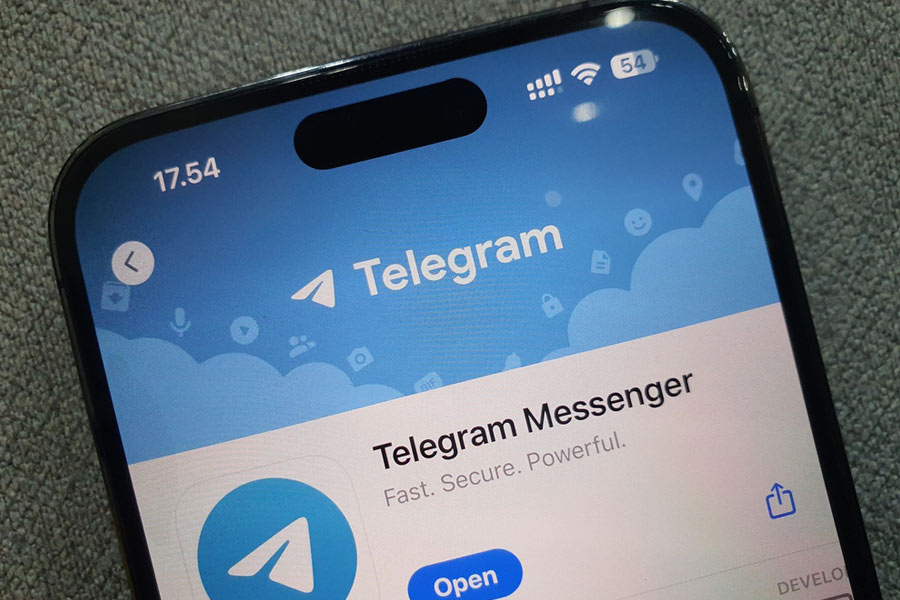Ukraine has banned government officials, military personnel and other defence and critical infrastructure workers from installing the popular Telegram messaging app on state-issued devices, describing the move as necessary for national security during the war with Russia.
Ukraine’s National Cybersecurity Coordination Centre said it issued the ban for the official devices of government employees, military personnel, security and defence workers, and critical infrastructure employees. The ban was announced on Friday by Ukraine’s Security and Defence Council in a statement on Facebook.
During a meeting on Thursday, the Security Service of Ukraine and the General Staff of the Armed Forces of Ukraine said Telegram is actively used by Russia for cyberattacks, phishing, spreading malware, establishing user locations and calibrating missile strikes.
An exception to the ban will be allowed for people who use the app in their official duties. Ukrainians are free to use the app in their personal devices.
The app is widely used in Ukraine not only for texting but also for reading news, including updates on Russian air attacks. It is also the primary way Ukrainian officials, including President Volodymyr Zelensky, engage with the public and relay war developments. Zelenskyy is likely to continue using Telegram in his public communications since it is in his official capacity.
Ukraine’s intelligence chief, Kyrylo Budanov, said Russian intelligence services are able to access the personal messages of app users, including deleted messages, as well as their personal data, according to the statement.
“I have always advocated and continue to advocate for freedom of speech, but the issue of Telegram is not a matter of freedom of speech; it is a matter of national security,” Budanov said, according to the statement.
US man tortured
Russell Bentley, a US national who went missing in Russian-controlled eastern Ukraine earlier this year, is believed to have been tortured to death by Russian soldiers who are now set to go on trial, Russia’s top investigative body said on Friday.
Bentley died in Donetsk in April, Margarita Simonyan, head of Russia’s state media outlet RT, wrote at the time.










